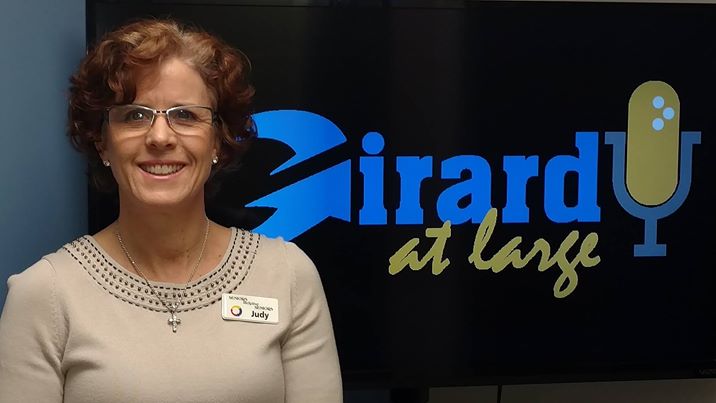
We’ve already talked about eating disorders affecting seniors, but it’s good to talk about eating habits in general. As mentioned before, eating disorders and eating problems are not the same thing, even if they have the same end result. Here are 3 ways to approach a senior’s eating habits.

3 Ways to Approach a Senior’s Eating Habits
Sometimes, approaching your beloved senior about their eating habits can be hard. Consider these 3 tips from experts.
1. Don’t Jump to Conclusions
It’s important to not assume that a senior is experiencing an eating disorder if they aren’t eating a lot. Sometimes when they are struggling to eat, it could have a underlying medical cause.
Medication side effects, dull taste buds, physical limitations, economic barriers, dementia, and depression all make eating harder.
Some adults also naturally eat less as they become less active, which can be a healthy and an effective weight maintenance strategy.
Also, don’t assume that overweight seniors can’t have eating disorders or nutrition problems.
2. Approach with Care
The best way to figure out the reason for the weight loss is to go to the source. Join the person for a meal and observe potential barriers. This will give you a lot of ideas on what is happening.
They could have a hard time prepping food, disinterest in eating, or fear of being overweight.
Remember that some older adults may be too proud to admit that they don’t have the money or energy to go grocery shopping.
3. Remember That Treatment is Available and Works
Depending on the cause of weight loss, you can teach older adults strategies that can help them. For example, if food doesn’t taste as good as it used to, try playing with different spices. This can make food tasty again.
Some older adults don’t eat well because they are depressed or have dementia. Treating those conditions can lead to improved eating patterns.
If access is the problem, meal delivery services can step in. If physical cooking is more difficult, switching to more premade foods or investing in special tools or other equipment can help.
If it is an eating disorder, get help from a mental health professional through a referral from a primary care doctor or the National Eating Disorders Association.
Treatments like cognitive behavioral therapy can be good for all ages. It can help them learn that their conditions are illnesses, not characters flaws and shift how they view their bodies.
Education about the human body is key too. Many women don’t know that belly fat that tends to emerge around menopause is a protective adaption that helps replace some of the estrogen they are losing.
Read more here.





